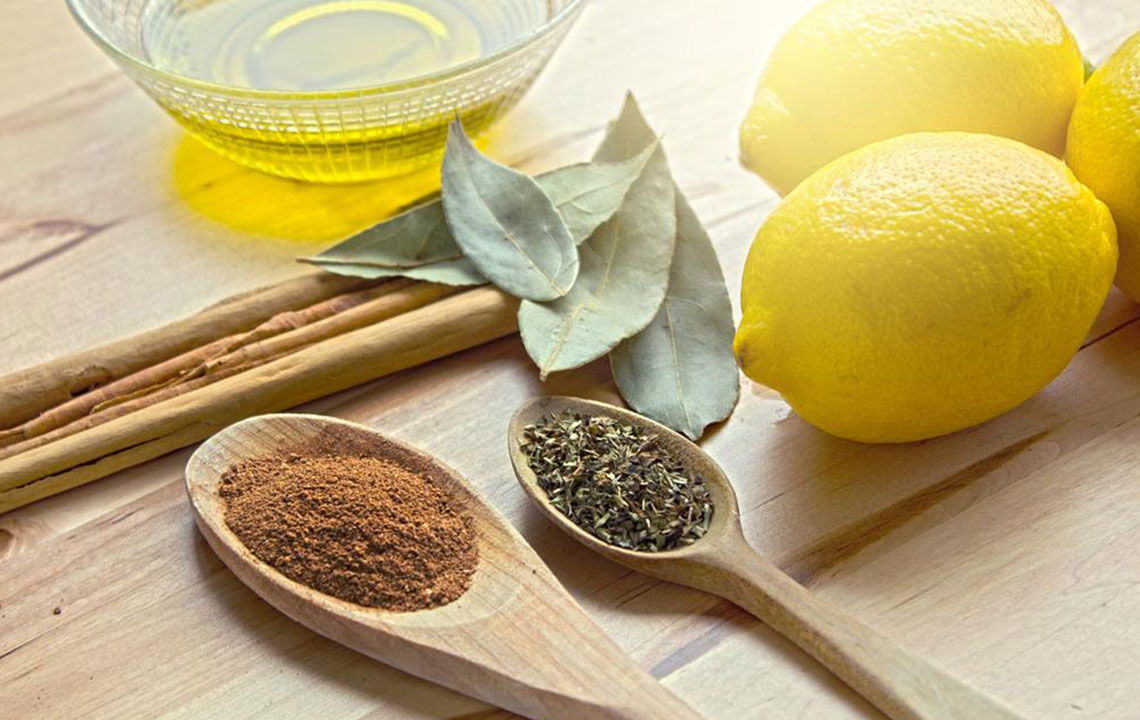Comprehensive Guide to Halitosis: Causes, Symptoms, and Proven Remedies
This comprehensive guide explores the causes, symptoms, and effective remedies for halitosis, commonly known as bad breath. It emphasizes the importance of proper oral hygiene, lifestyle changes, and natural treatments to manage persistent bad breath. Understanding the root causes and adopting suitable solutions can significantly improve oral health, boost confidence, and promote overall well-being. This article serves as a detailed resource for anyone seeking to understand and effectively address halitosis, ensuring healthier breath and a more confident smile.

Comprehensive Guide to Halitosis: Causes, Symptoms, and Proven Remedies
Halitosis, widely recognized as bad breath, is an oral health concern that affects millions worldwide. While often dismissed as a minor inconvenience, persistent halitosis can significantly impact social interactions, self-confidence, and overall well-being. It is considered one of the most common reasons for dental visits, ranking just behind issues like cavities and periodontal disease. Understanding its root causes, identifying symptoms, and exploring effective treatment options are essential steps towards better oral health and confidence.
This comprehensive guide delves into the various aspects of halitosis, from triggers and signs to practical solutions. Whether dealing with occasional bad breath or chronic issues, knowledge is power in managing this condition effectively and maintaining fresh, healthy breath.
Recognizing the Signs of Halitosis
Many individuals may not be aware of their bad breath unless someone else points it out. Common signs include a persistent sour or foul taste, a dry mouth sensation, altered perception of taste, and a coating or film on the tongue. Recognizing these symptoms early can prompt timely intervention, preventing further social embarrassment and underlying health complications.
Common Causes of Bad Breath
Various factors contribute to halitosis, ranging from lifestyle habits to medical conditions. Understanding these causes helps in devising appropriate treatments and lifestyle adjustments:
Residual food particles lodged in interdental spaces or on the tongue, which serve as breeding grounds for bacteria producing foul odors.
Reduced saliva production, leading to dry mouth—a condition known to exacerbate bad breath as saliva naturally helps rinse away bacteria and food debris.
Tobacco use, including smoking and chewing, introduces chemicals and compounds that cause persistent odor.
Poor oral hygiene practices, such as infrequent brushing, flossing, and neglecting tongue cleaning, allow bacterial colonies to thrive.
Medications with side effects that cause dry mouth or alter oral chemistries, promoting bacterial growth.
The presence of dental appliances like dentures or braces that trap food and bacterial buildup if not properly cleaned.
Effective Treatment Strategies for Halitosis
Combating halitosis primarily involves identifying and treating its underlying cause. In some cases, addressing medical conditions such as sinus infections, diabetes, or acid reflux can lead to significant improvement. Additionally, reviewing medications with healthcare professionals can help mitigate side effects contributing to dry mouth. Key treatment approaches include:
Maintaining rigorous oral hygiene routines, including brushing twice daily, flossing, and cleaning the tongue to reduce bacterial load.
Using antiseptic mouthwashes specifically formulated to decrease oral bacteria and freshen breath.
Eliminating tobacco products and replacing them with healthier alternatives like sugar-free mints or gums to stimulate saliva and mask odors temporarily.
Scheduling regular dental check-ups and cleanings, especially if you wear orthodontic devices or dentures, to prevent plaque buildup and bacterial proliferation.
Home Remedies and Natural Solutions
Opt for natural oral care products containing aloe vera, tea tree oil, or green tea extracts, which are gentler on oral tissues and avoid alcohol-induced dryness.
Baking soda rinses or brushing with baking soda help neutralize acids and diminish bacterial populations that cause odor.
Diluted apple cider vinegar is an effective gargle that can balance the oral pH level, reducing odor-causing bacteria.
Herbal teas, such as peppermint, sage, or chamomile, have antimicrobial properties and refresh the breath.
Sucking on fresh herbs or sugarless mints increases saliva flow, naturally combating dryness and odor.
Eating crisp fruits like apples or crunchy vegetables encourages saliva production and mechanically cleanses the teeth.
Nasal breathing, especially during sleep, helps keep the mouth moist and reduces dryness-related halitosis.
Adding beneficial oral probiotics, such as strains K12 and M18, supports a healthy balance of oral flora, reducing bad bacteria.
For those with lactose intolerance, reducing dairy intake may lessen mucus production and bacterial proliferation in the mouth.
Supplements rich in key vitamins (C, B, D, and E) bolster immune function and mucosal health, indirectly helping to prevent bad breath.
Addressing halitosis requires a multifaceted approach, combining good oral hygiene, lifestyle modifications, and, when necessary, medical treatment. By understanding the causes and implementing effective remedies, individuals can maintain fresh, healthy breath, improve their confidence, and enjoy better social interactions.





